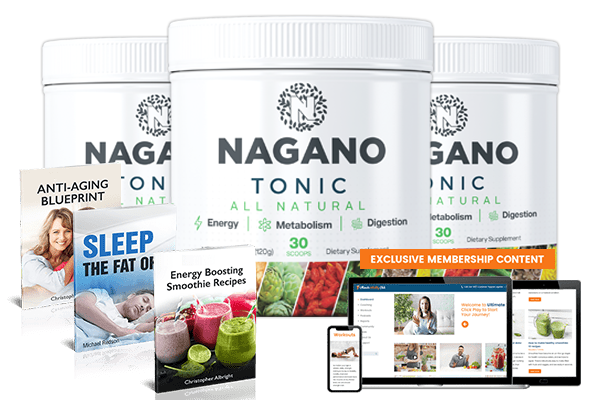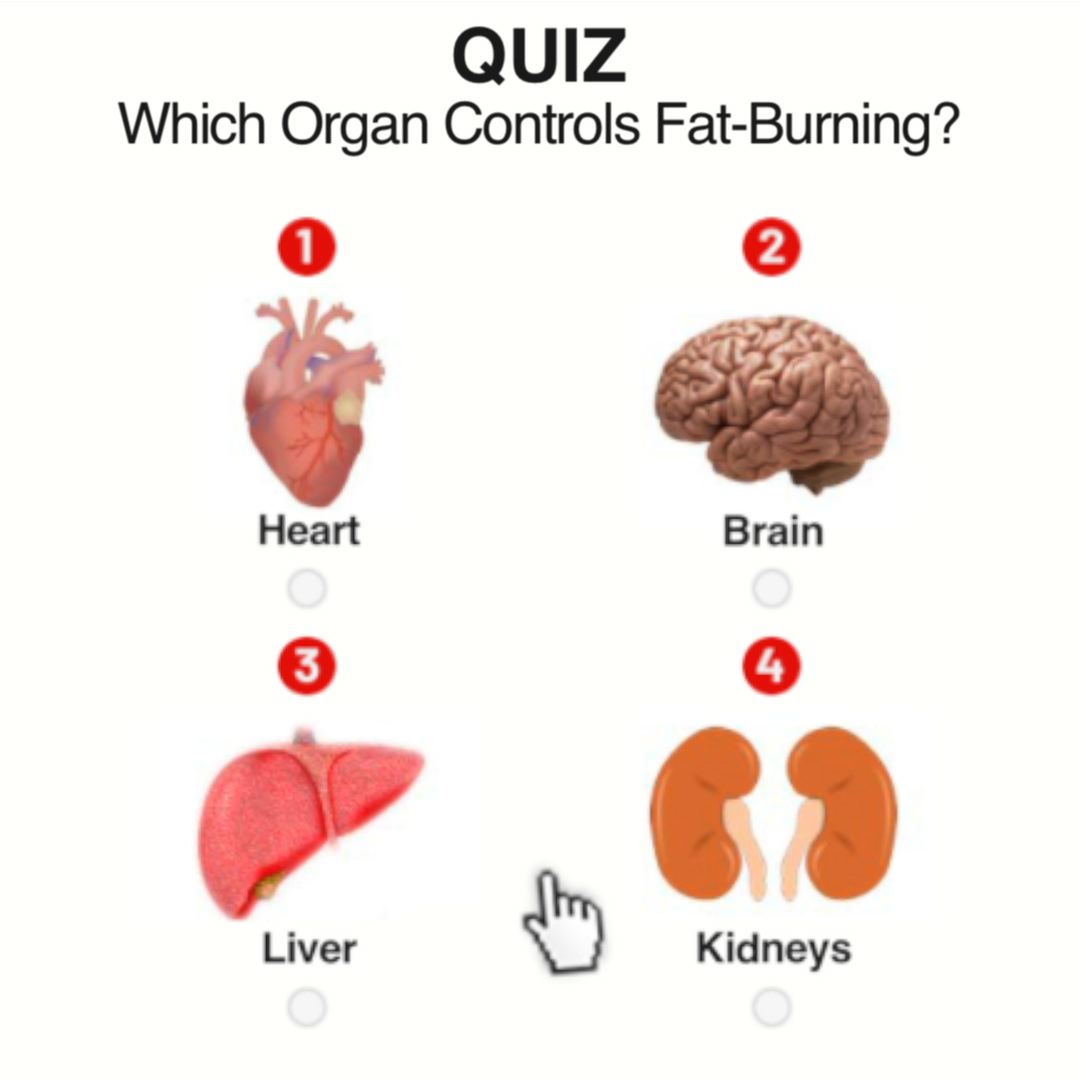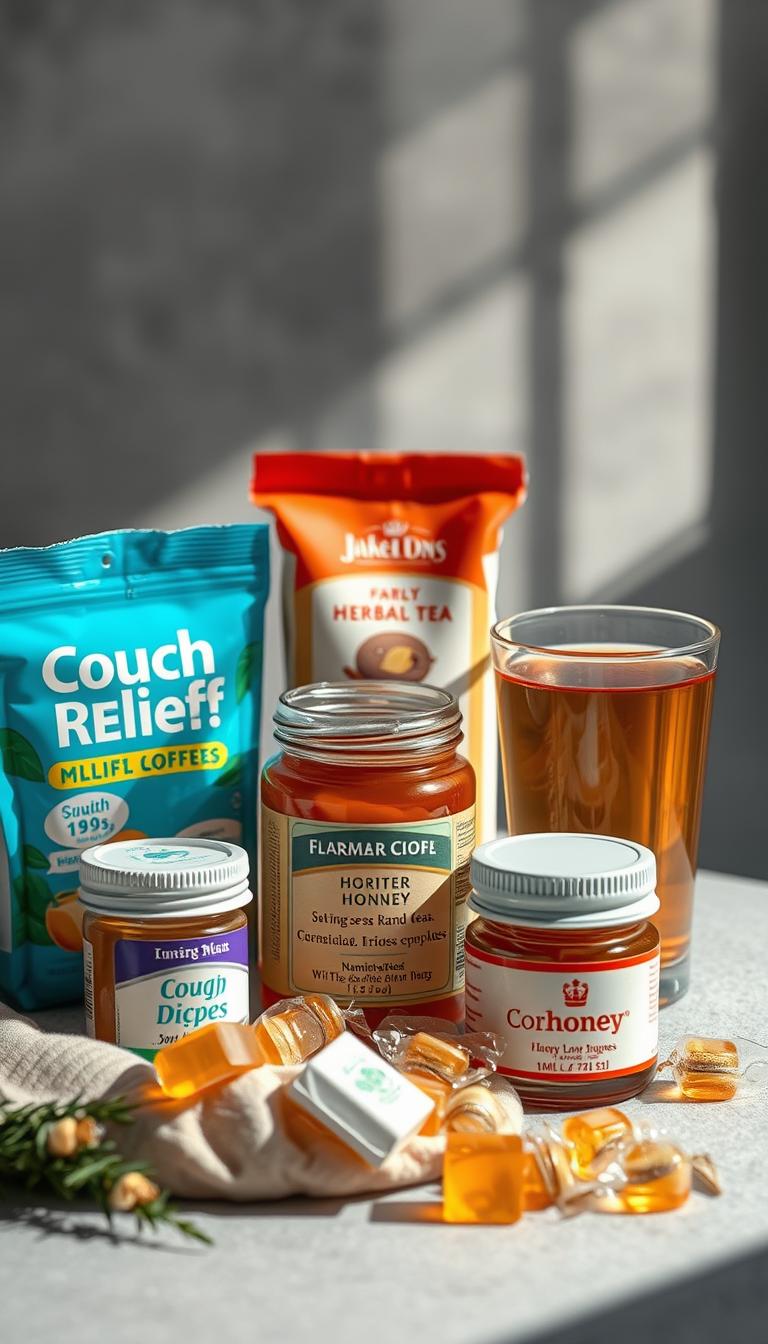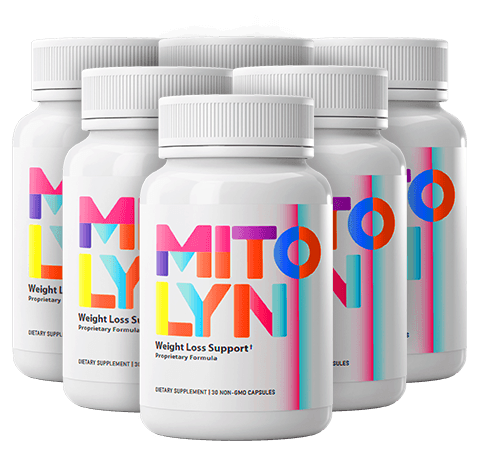
Ever felt tired by noon or lost focus by evening? Simple changes, like drinking water instead of soda, can make a big difference. A healthy lifestyle isn’t about being perfect. It’s about small steps like starting with a morning walk or preparing meals ahead of time.
These small actions can greatly improve your mood and energy. They also help you feel better in the long run.
Starting healthy habits is all about making choices that work for you. Maybe you choose nuts over sugary snacks or take a few minutes to breathe deeply. Every habit you build helps you get closer to your health goals. Are you ready to start with one small change today?
Key Takeaways
- Small daily choices, like hydration or mindful movement, fuel long-term health improvement.
- Meal prepping saves time while supporting wellness habits like balanced nutrition.
- Sleep, sunlight, and social connections work together to boost both physical and mental well-being.
- Reducing screen time and adding 10-minute walks can lower stress and improve mood.
- Even brief habits—like morning hydration or evening mindfulness—add up to a healthier lifestyle over time.
Ever felt tired by noon or lost focus by evening? Simple changes, like drinking water instead of soda, can make a big difference. A healthy lifestyle isn’t about being perfect. It’s about small steps like starting with a morning walk or preparing meals ahead of time.
These small actions can greatly improve your mood and energy. They also help you feel better in the long run.

Starting healthy habits is all about making choices that work for you. Maybe you choose nuts over sugary snacks or take a few minutes to breathe deeply. Every habit you build helps you get closer to your health goals. Are you ready to start with one small change today?
Key Takeaways
- Small daily choices, like hydration or mindful movement, fuel long-term health improvement.
- Meal prepping saves time while supporting wellness habits like balanced nutrition.
- Sleep, sunlight, and social connections work together to boost both physical and mental well-being.
- Reducing screen time and adding 10-minute walks can lower stress and improve mood.
- Even brief habits—like morning hydration or evening mindfulness—add up to a healthier lifestyle over time.
Why Developing Healthy Habits Matters for Your Wellbeing
Building healthy habits is more than short-term goals. It’s about laying a strong base for wellbeing improvement. Simple actions like regular exercise or mindful eating bring health benefits. These benefits protect against chronic diseases.
By focusing on disease prevention now, you’re investing in a brighter future. You’ll have a stronger, more vibrant life ahead.

- Contemplation: Recognize the need to change. Think about how current habits affect your health.
- Prepare: Plan your steps. Research nutrition, set specific goals, and decide when to start.
- Act: Take consistent steps. Track your progress and reward small wins to stay motivated.
- Maintain: Keep the habit alive. Adjust as needed and lean on support systems to stay on track.
Creating new habits takes time—studies show it averages 66 days. Start small. Choose one change at a time, like adding a daily walk or swapping sugary snacks for fruit. Consistency is key.
- Track your progress with apps or journals to stay accountable.
- Share your goals with friends or family for support.
- Visualize how these changes will improve your life in the future.
Every step forward builds momentum. Over time, these choices become second nature. Prioritizing the importance of healthy habits today means more energy, fewer health risks, and a better quality of life tomorrow.
Nutritional Habits That Transform Your Health
Small changes in how you eat can change your health. By focusing on mindful eating, meal planning, and healthy snacking, you’ll start a path to wellness. These practices help you have a better relationship with food.
Mindful Eating Practices to Incorpor Daily
Research shows mindful eaters consume fewer calories and enjoy their food more.
Begin with mindful eating to listen to your body. Try these steps:
- Pause before eating to check if you’re really hungry.
- Eat slowly, enjoying each bite.
- Don’t use screens while eating to stay focused.

Meal Planning for Optimal Nutrition
Meal planning helps make sure your meals are balanced. Eat 5 portions of fruits and veggies (80g fresh, 30g dried) daily. Choose whole grains over refined carbs. Include 2 portions of oily fish like salmon for omega-3s. Drink 6-8 glasses of water instead of sugary drinks.
- Prepare meals ahead to avoid bad choices.
- Include a variety of vegetables for different nutrients.
Smart Snacking Strategies That Support Your Goals
Healthy snacking keeps your energy up without overeating. Choose foods like nuts, Greek yogurt, or apple slices with almond butter. Limit juice to 150ml a day and avoid eating late at night. Swap chips for veggie sticks to get more fiber.
Focus on nutritional balance by eating protein with foods high in fiber. This keeps your energy up and stops cravings without strict diets. Small, steady steps lead to habits that nourish your body and mind.
Physical Activity Routines to Energize Your Life
Small steps can make a big difference in exercise habits. Just 10 minutes of daily movement, like a walk at lunch, can start lasting changes. The important thing is to keep doing it. Try to do at least 150 minutes of moderate physical fitness each week, as the U.S. Department of Health and Human Services suggests.
Make routines work for you. Try:
- Parking farther from store entrances
- Walking stairs instead of elevators
- Stretch breaks every hour at work

Energy boosting comes from trying different things. Mix cardio (like walking or cycling) for your heart, strength training twice a week to build muscle, and yoga for flexibility. Each one helps a different part of your active lifestyle. For example:
| Activity Type | Key Benefits |
|---|---|
| Cardio | Improves heart health and endurance |
| Strength Training | Builds muscle mass and bone density |
| Flexibility Work | Enhances joint mobility and reduces injury risk |
Having trouble starting? Work out with friends for support or dance while cleaning. Even short sessions can help you focus and lower stress. Every step, stretch, or lift brings you closer to a more vibrant, energized life.
Sleep Habits for Better Recovery and Performance
Rest is not just downtime. It’s your body’s secret weapon for rest and recovery. Sleep helps fix your body, sharpens your mind, and boosts your immune system. Getting enough sleep quality can make a big difference. Elite athletes who sleep 9-10 hours recover faster and react quicker.
As one study found:
Athletes who sleep 10 hours per night show improved performance, including faster sprint times and increased accuracy in sports like basketball and tennis.
Creating the Ideal Bedtime Routine
A consistent bedtime routine gets your body ready for sleep. Try to relax 1 hour before bed by avoiding screens, caffeine, or big meals. Reading, stretching, or journaling can help. Evenings are for relaxing, not stressing.
Wake up at the same time every day, even on weekends. This helps keep your body clock stable. Small habits like these build strong sleep hygiene routines.
Optimizing Your Sleep Environment
Make your bedroom a sleep haven. Keep it cool (65-68°F) and dark with blackout curtains. Use noise-canceling devices or earplugs for quiet. A tidy room tells your brain it’s time to sleep.
Research shows a dark, quiet room improves sleep quality. It lowers cortisol levels.
Addressing Sleep Disruptors
- Limit stimulants: Avoid caffeine after noon and alcohol near bedtime.
- Manage stress: Write down worries in a journal before bed.
- Time naps wisely: Keep daytime naps under 30 minutes to avoid grogginess.
Use a sleep diary to track your habits. Small changes can make your bedroom a recovery zone. Sleep is key to thriving.
Mental Wellness Practices for Emotional Balance
Starting strong mental health habits is easy. Just do small things every day. Mindfulness and stress management help you face daily life better. Let’s look at simple ways to care for your mind.
- Practice mindfulness practices daily: Even 10 minutes of meditation or deep breathing can calm your mind and reduce stress.
- Move your body: Exercise boosts mood by releasing endorphins, a natural stress management tool.
- Journal regularly: Writing down thoughts helps process emotions and strengthens emotional awareness.
- Set boundaries: Protect your time and energy to avoid burnout and prioritize psychological health.
- Embrace gratitude: Noticing small joys—like a cup of tea or a sunset—sharpens emotional wellbeing.

Mindfulness isn’t about emptying the mind—it’s about observing thoughts without judgment.
Science proves mindfulness changes the brain for the better. It improves focus and resilience. Even small actions like deep breathing or a short walk can change your day. Small, steady steps lead to lasting emotional balance. Your mental health habits today build a calm tomorrow.
Hydration Habits That Improve Every Aspect of Health
Every cell in your body needs fluid balance to work right. Studies show that well-hydrated adults have lower disease risks and live longer. But, 75% of Americans don’t drink enough daily water. Making small changes can really help.

Creative Ways to Increase Your Water Intake
Make drinking more water easy without feeling forced. Try these easy tips:
- Add slices of cucumber, lemon, or berries to plain water
- Track intake with apps like WaterMinder or Hydro Coach
- Keep a reusable bottle visible on your desk
Understanding Your Daily Water Needs
Your hydration strategies should fit your life. Active people need 10–16 oz of water per hour of exercise. Pregnant women or those in hot places need more too. Find your base: half your weight in pounds is how many ounces of water you need daily. Then, adjust for how active you are or where you live.
Benefits of Proper Hydration You Might Miss
Drinking enough water does more than just quench thirst. It also:
- Helps you focus better: Brain cells need water to work
- Protects your joints: Keeps cartilage moist and reduces pain
- Improves digestion: Helps your body absorb nutrients
Start today by adding one new habit. Your body will thank you with more energy and fewer headaches. Small steps can lead to big health improvements!
Building Social Connections as Essential Healthy Habits
Your social wellness grows when you nurture relationships and health through meaningful talks. Building strong social habits, like connecting with your community, can make fighting loneliness a daily task. Studies show that people with good social ties face less heart disease, depression, and anxiety.

Doing things together, like cooking meals or joining clubs, strengthens bonds. This improves both your mental and physical health. Adults with strong social networks are 50% less likely to feel lonely. Here’s how to build these connections:
- Host weekly gatherings with friends or family.
- Volunteer at local events to meet like-minded individuals.
- Use social media intentionally to stay in touch, not replace face-to face time.
| Strategy | Benefit |
|---|---|
| Join a fitness group | Combines physical activity with community connection |
| Attend neighborhood meetings | Promotes trust and shared goals |
| Call a friend weekly | Strengthens emotional support networks |
Quality is more important than how many friends you have. Even small actions, like inviting a neighbor for coffee, can create deeper bonds. Focus on interactions that feel real and positive. Every effort to connect helps fight loneliness and boosts your well-being.
Environmental Wellness: Creating Spaces That Support Health
Your home is where you recharge. Making it a haven for healthy environment habits is key. Small changes can make your space a sanctuary for home wellness, boosting your mood and energy.

Reducing Toxins in Your Living Environment
Begin by swapping harsh cleaners for non-toxic ones. Look for EPA-certified products or make your own with vinegar. Open windows every day to get rid of indoor pollutants.
Stale air traps dust and chemicals that can cause allergies. Choose furniture and paint with low-VOC ratings to reduce toxin reduction risks.
Organizing Your Space for Mental Clarity
Decluttering is more than just tidy—it’s organized living. Use bins for seasonal items and label storage zones. A clear kitchen counter makes it easier to prepare healthy meals.
Even small steps, like tidying up for 10 minutes a day, can keep stress low and focus high.
Bringing Nature Into Your Daily Life
Green spaces like Arlington’s parks (99% of residents near a park) boost health. Bring plants indoors—snake plants or pothos clean the air. Try a morning walk in a leafy neighborhood; studies show nature connection lowers stress.
Even a windowsill herb garden connects you to growth and calm.
Walking in green spaces reduces stress hormones like cortisol, making you feel more relaxed than in urban areas.
Small shifts can turn your space into a foundation for thriving. Every step toward a cleaner, greener home lifts your well-being—and the planet’s too.
The Power of Healthy Habits in Preventing Chronic Disease
Did you know up to 80% of chronic illnesses can be prevented by changing your lifestyle? Preventative health is about stopping diseases before they start. By making longevity habits a part of your life, you can lower your risk of heart disease and diabetes. Let’s see how small changes can lead to big results.

| Habit | Impact | Chronic Illness Prevention |
|---|---|---|
| Regular Exercise | Reduces heart disease risk 35-50% | Heart disease, type 2 diabetes |
| Healthy Diet | Lower diabetes and cancer risk | Type 2 diabetes, certain cancers |
| Healthy Weight (BMI 19-25) | Reduces obesity-linked conditions | Diabetes, hypertension |
| Quit Smoking | 30-40% less heart disease risk | Coronary heart disease |
These choices work together through lifestyle medicine. Exercise, nutrition, and avoiding toxins protect you from disease. Even small changes, like drinking water instead of soda or walking 30 minutes a day, help. The important thing is to keep it up, not to be perfect.
- Swap processed snacks for nuts or fruit
- Track your steps daily to boost activity
- Plan meals with 5-9 servings of veggies weekly
Every healthy choice makes your body stronger. Disease prevention is a long-term effort, not a quick fix. Start now, and see your risks decrease. Your future self will be grateful.
Overcoming Common Barriers to Maintaining Healthy Habits

Creating lasting healthy routines is tough. Life gets busy, and motivation can drop. But, there are ways to keep going, even when it’s hard.
| Obstacle | Solution |
|---|---|
| Lack of Time | Meal prep on Sundays, 10-minute workouts |
| High Cost | Bodyweight exercises, home gardening |
| Motivation Slump | Habit stacking, accountability apps |
Strategies for Consistency When Motivation Wanes
When motivation is low, use systems, not willpower. Habit consistency comes from small victories. Try these:
- Link new habits to things you already do (like stretching after brushing teeth)
- Make your space healthier (like keeping veggies in sight)
Making Healthy Routines Portable
Travel doesn’t have to stop your progress. Carry essentials like resistance bands and protein bars. Use apps like MyFitnessPal to track your health on the move. Being flexible is key to overcoming obstacles.
Technology Tools for Habit Building
Apps like Strava for fitness or Headspace for mindfulness help. They remind you and track your progress. Set phone alarms for water or stretching to keep you on track with motivation maintenance.
“Progress isn’t linear—it’s a spiral of growth.”
Every setback is a chance to learn, not a failure. Celebrate every small step towards better habit building. It’s consistency, not perfection, that counts.
Conclusion: Your Journey to a Healthier You Starts With Small Steps
Your health journey isn’t about big changes right away. It’s about making small steps that become lasting habits. Start with something simple, like drinking water instead of soda or adding veggies to your meals.
Don’t forget about sleep. Go to bed at the same time every night and avoid screens before bed. A 2023 study found that better sleep helps your metabolism and reduces cravings. Also, try to move a bit every day, like going for a walk or doing some yoga.
Make habits that fit your life. Start with two changes that you can handle. Use a water bottle, eat whole foods, or try a quick meditation. Over time, these habits will become easy and not feel like a chore.
Health isn’t about being perfect. You will have setbacks, but keep going. Celebrate every small win, like improving a little each day or trying a new recipe. Your health is about making habits that last, not quick fixes.
Start today. Pick one thing to do, like drinking more water, sleeping earlier, or going for a walk. Every small step brings you closer to a healthier future. You can do it.
FAQ
Why are healthy habits important for my overall wellbeing?
Healthy habits help prevent diseases and boost energy. They improve your life quality. Small changes can make a big difference over time.
How can I start incorporating healthy habits into my routine?
Start with small, easy changes. Try mindful eating or regular exercise. Replace old habits with new ones slowly.
What are some mindful eating practices I can adopt?
Eat slowly and put down your utensils between bites. Avoid distractions while eating. This helps you enjoy your food more.
How can I ensure I’m getting proper nutrition?
Plan balanced meals with variety and moderation. Choose smart snacks that support your health goals.
What type of physical activity should I incorporate into my routine?
Mix cardio, strength training, and flexibility exercises. Find fun activities you can do often. Consistency is more important than how hard you work out.
How can I improve my sleep quality?
Have a consistent bedtime routine. Make your sleep area dark, comfortable, and quiet. Avoid screens and caffeine before bed.
What mental wellness practices can I incorporate into my life?
Try meditation, deep breathing, and journaling. These help manage stress and improve emotional balance.
How important is hydration for my health?
Drinking enough water is key for your body. It boosts brain function, mood, and skin health.
What role do social connections play in maintaining health?
Good social connections lower depression and anxiety. They improve overall wellbeing and physical health. Building relationships is crucial for a healthy life.
How can I create a healthier living environment?
Reduce toxins and organize your space. Add nature elements. These improve mental and physical health.
How do healthy habits help in preventing chronic diseases?
Healthy habits like good nutrition and exercise prevent many diseases. Up to 80% of chronic diseases are lifestyle-related.
What strategies can I use to maintain my healthy habits?
Use habit stacking and design your environment for health. Technology can help track your progress. Remember, small steps lead to big changes.

















